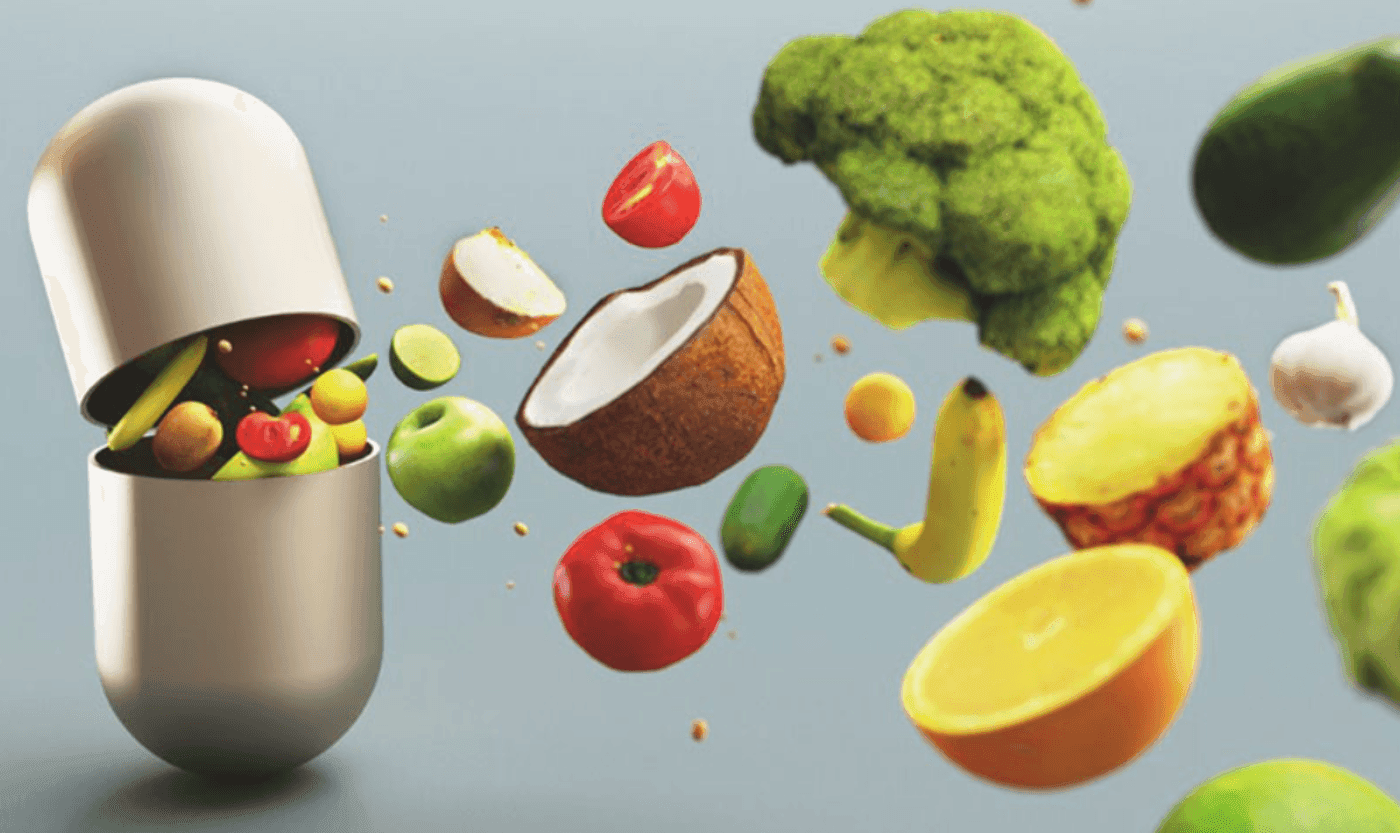We come across a wide variety of different supplements on the market. Especially with the Covid-19 pandemic period, the proportion of these products has gradually increased. But 'how healthy are these food supplements? Who should use supplements and how much should they use them?' we do not know. This is exactly what my content is about!
Examination
What is a Food Supplement?
The idea behind dietary supplements, also called dietary or nutritional supplements, is to provide the body with nutrients that cannot be consumed in sufficient quantities. Food supplements consist of vitamins, minerals, amino acids, fatty acids and other substances that are given in the form of pills, tablets, capsules, liquids, etc.
Supplements are available in various doses and in different combinations. However, the body only needs a certain amount of each nutrient to function as it should. Higher amounts or overuse are not good for human health. As the saying goes: Too much of everything is bad!
Some substances can have adverse effects and become harmful to humans when taken in high doses. To protect the health of consumers, supplements may be sold in accordance with the law with a daily dose recommendation and a warning statement not to exceed this dose.
How much are dietary supplements used?
İstatistiklere göre Almanya ve Danimarka’da (yetişkin nüfusun %43 ve %59’u) yaygın olarak takviye edici gıda kullanmaktadır. Ancak bu oran İrlanda ve İspanya’da daha azdır (%23 ve %9). Bu konuda yapılan pek çok çalışma sonucu kadınların takviye edici gıdaları erkeklerden daha fazla kullandığı belirlenmiştir.

What do dietary supplements consist of?
Food supplements are concentrated sources of nutrients (i.e. minerals and vitamins) or other substances with a nutritional or physiological effect marketed as "doses" (pills, tablets, capsules, liquids in measured doses, etc.). Food supplements can contain a wide variety of nutrients and other ingredients such as vitamins, minerals, amino acids, essential fatty acids, fiber and different plants and plant extracts.
What are dietary supplements for?
Food supplements aim to correct nutritional deficiencies, maintain adequate intake of certain nutrients and support certain physiological functions. They are not medicinal products and therefore cannot exert a pharmacological, immunological or metabolic effect. Their use is therefore not intended to treat or prevent diseases or alter physiological functions in humans.
If your diet lacks a certain nutrient, you may need a food supplement to fill the gap. Often, you only need to take a supplement temporarily. For example, if you are pregnant, it may be good for you to take supplements until your baby is born or until you finish breastfeeding. But in cases such as a chronic health condition, you may need to take supplements for a longer period of time.

Who should use dietary supplements?
Research shows that many people take supplements when they don't need them. If you think you are eating enough and getting enough vitamins, this means you don't need supplements. However, some people may be deprived of certain foods and vitamins in their normal diet. For such people, it makes more sense to use supplements.
It may be necessary to take food supplements in the following cases:
- Pregnancy or lactation
- Old age and malnutrition
- A health condition in which the body cannot absorb the nutrients it needs (conditions such as chronic kidney disease and dialysis)
- A strong need for a particular nutrient (Osteoporosis excess calcium requirements due to the risk of 'osteoporosis')
- Restricted nutrition (conditions such as not eating meat and not getting enough iron)
- Vitamin deficiency (such as vitamin D or vitamin B12)
What are the risks of using dietary supplements?
While the body needs a certain amount of each nutrient, taking higher amounts of supplements is not good for your health. Taking more than you need can often harm your body and your health.
For example, high doses of vitamin B6 can damage the nervous system, and taking vitamin A, C or E supplements while pregnant can cause serious problems in your baby. Some supplements may also interact with other medicines you take.
Therefore, the best way to make sure that the supplements you plan to take are safe is to consult an expert doctor.
Below are the supplements needed according to various categories such as age and lifestyle:
- People over 50 years of age: Vitamin D, vitamin B12, folate (Folic acid) (Very frail elderly may benefit from a low-dose multivitamin supplement)
- Women who have given birth or are about to give birth: Folic acid and vitamin D
- Children under 5 years of age: Vitamin A, vitamin C, vitamin D (Children with a good appetite and a wide variety of foods may not need these)
- Breastfeeding women Vitamin D
- People with insufficient sun exposure or darker skin: Vitamin D
- Vegans Vitamin B12 and vitamin D

Conclusion
As a result, as long as they are used in moderation, dietary supplements do not harm health. Of course, this can vary from person to person, depending on many factors, such as certain sensitivities or interactions with regularly used medications. Therefore, always consult your doctor and have the necessary tests done before taking any food supplements!
You may also be interested in the following articles:




